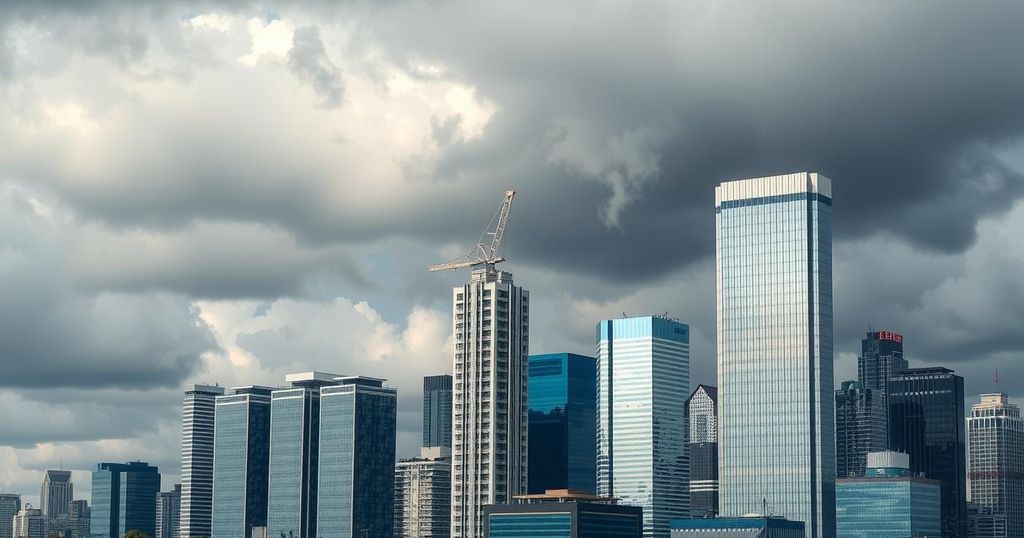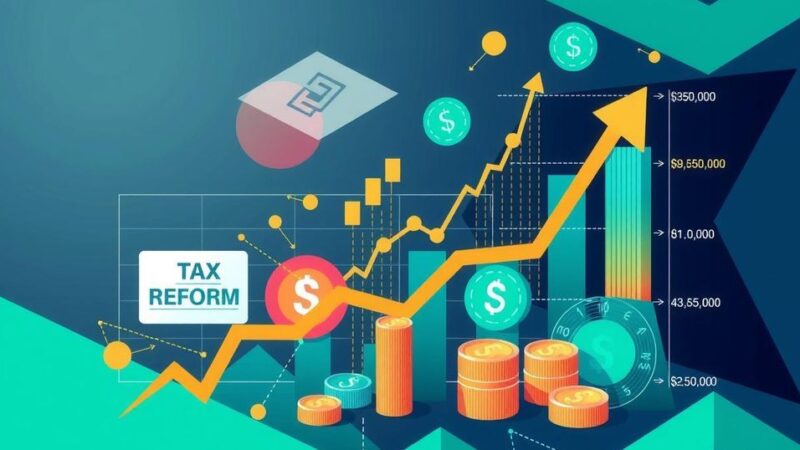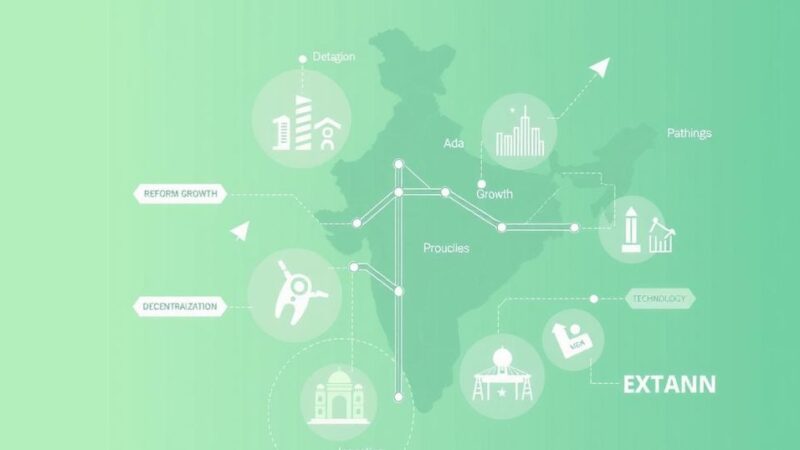Inflation data from the National Bureau of Statistics reveals that Borno and Niger are the most expensive states in Nigeria as of May 2025, with inflation rates over 30%. Overall, inflation has eased to 22.97%, but food inflation is climbing, impacting households. Ten states are experiencing inflation rates above 25.9%, highlighting persistent economic challenges that require urgent attention.
The National Bureau of Statistics (NBS) just released some eye-popping data showing that some Nigerian states are becoming increasingly expensive to live in. As of May 2025, states like Borno and Niger have the highest inflation rates, which are over 30%, signaling a persistent economic strain despite some overall easing in inflation rates across the country. A closer look reveals that food inflation, which strongly impacts household budgets, is still surging in those areas.
May 2025 saw Nigeria’s overall headline inflation rate drop to 22.97%. That’s down from 24.23% in March and 23.71% in April. This is quite the turnaround from the staggering 33.95% reported in May 2024. However, it’s important to note that not all states are enjoying this respite. In fact, the NBS indicated that there are over ten states currently grappling with inflation rates above 25.9% year-on-year.
Food inflation is a crucial factor here, currently at 21.14%, which is down from a whopping 40.66% a year ago. But, month-to-month, it’s actually trending upward—2.19% this month versus 2.06% last month—largely due to rising costs of staples such as yam and cassava, as well as fresh pepper and ogbono. This all makes for a challenging economic scenario for many households.
Borno State has claimed the top spot as the most expensive state in Nigeria, boasting an all-items inflation rate of 38.9%. Food inflation here is particularly troubling, soaring to 64.4% year-on-year, largely due to ongoing security issues disrupting local farms. Niger State follows with a headline inflation rate of 35%, as transport and supply chain problems persist in the face of rising insecurity.
Next up is Plateau State, which has seen headline inflation hit 32.3%. While food inflation is at 18.6%, it’s other expenses like transportation and health that are pushing up costs. The Federal Capital Territory, Abuja, isn’t far behind, with a headline inflation of 31.1% driven mostly by a sharp monthly increase in food prices.
Oyo State makes its presence felt with an inflation rate of 28.9% and food inflation at a modest 19.1%. Interestingly, some deflation has occurred lately thanks to better food access; still, the cost of living remains quite high. Nasarawa State reports 27.4% all-items inflation and 25.3% in food inflation, showing some stability in food prices, but long-term costs like energy remain a worry.
Moving on, we have Taraba State at an inflation rate of 26.5%—notably, it also records the highest food inflation nationwide with 38.6%. Then there’s Cross River, where food inflation jumped a staggering 11.1% month-on-month, contributing to an overall 26.1% inflation rate. Edo State, despite a slight month-on-month decline in its overall inflation to 26%, grapples with rising food prices.
Finally, Benue State now rounds out the top ten most expensive states with an all-item inflation rate of 25.9%. They’re still recovering from agricultural disruptions due to violence that has impacted local farming communities significantly.
In related news, previous reports highlighted Enugu and Kebbi as the most expensive states in April 2025, with Enugu even topping the list at 36%. Overall, this ongoing inflation crisis raises serious concerns about economic stability in Nigeria, and it seems that state governments—together with the Central Bank—will need to come up with concrete strategies to tackle these persistent issues.
The latest data from the NBS reveals a complex and troubling inflation landscape across Nigeria. While the national average is improving, states like Borno and Niger are witnessing alarming inflation rates above 35%, particularly when it comes to food costs. This situation suggests that localized economic pressures persist, necessitating targeted interventions from both state and federal authorities to stabilize the cost of living, particularly for vulnerable households.
Original Source: www.legit.ng






